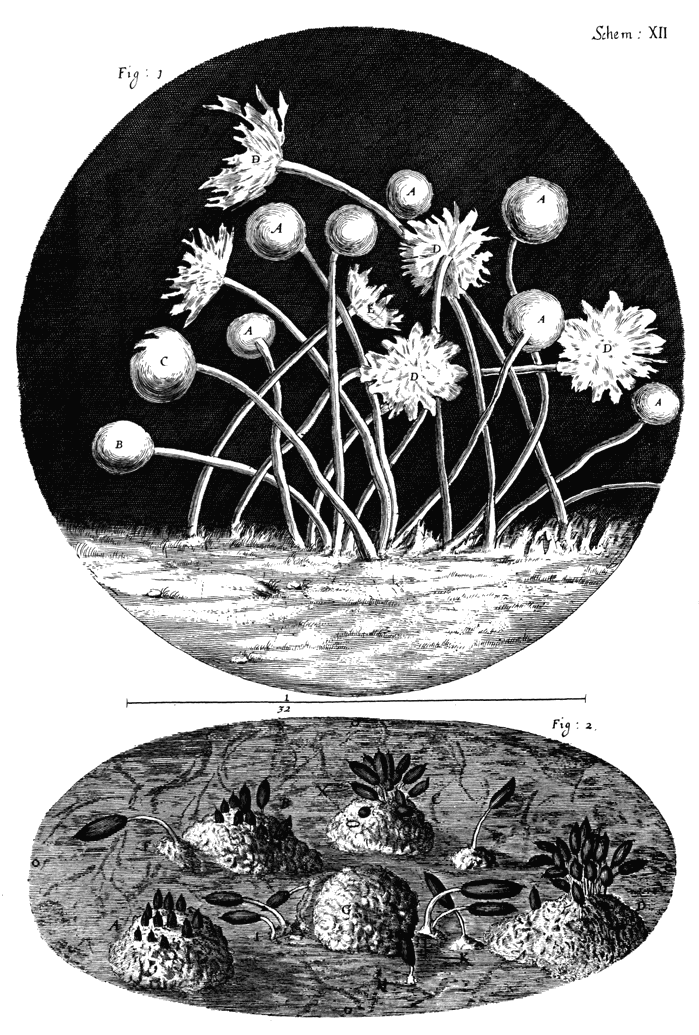I am at Unversity, and sometimes when I meet new people and they ask what degree I am studying, and I say 'English', I am then greeted with a grunt or a sneer or a sarcastic "Oh, so not a REAL degree then!".
Does anybody else experience this? Or am I just surrounded by idiots.

Perhaps they don't understand the concept and think that studying English means reading the dictionary and practising all the words.
There are some ridiculous degrees available to study these days, I could be doing a lot worse!
I do understand that with a lot of degrees, there is a promising career path that follows, yet with literature, there isn't anything quite as obvious and easy to walk in to, and I may have a struggle to find employment.
But at the end of the day, I love English literature, and I wouldn't have studied anything else.
Rant over





 Reply With Quote
Reply With Quote



 Couldn't help it. . . .
Couldn't help it. . . .




 Perhaps they don't understand the concept and think that studying English means reading the dictionary and practising all the words.
Perhaps they don't understand the concept and think that studying English means reading the dictionary and practising all the words.
